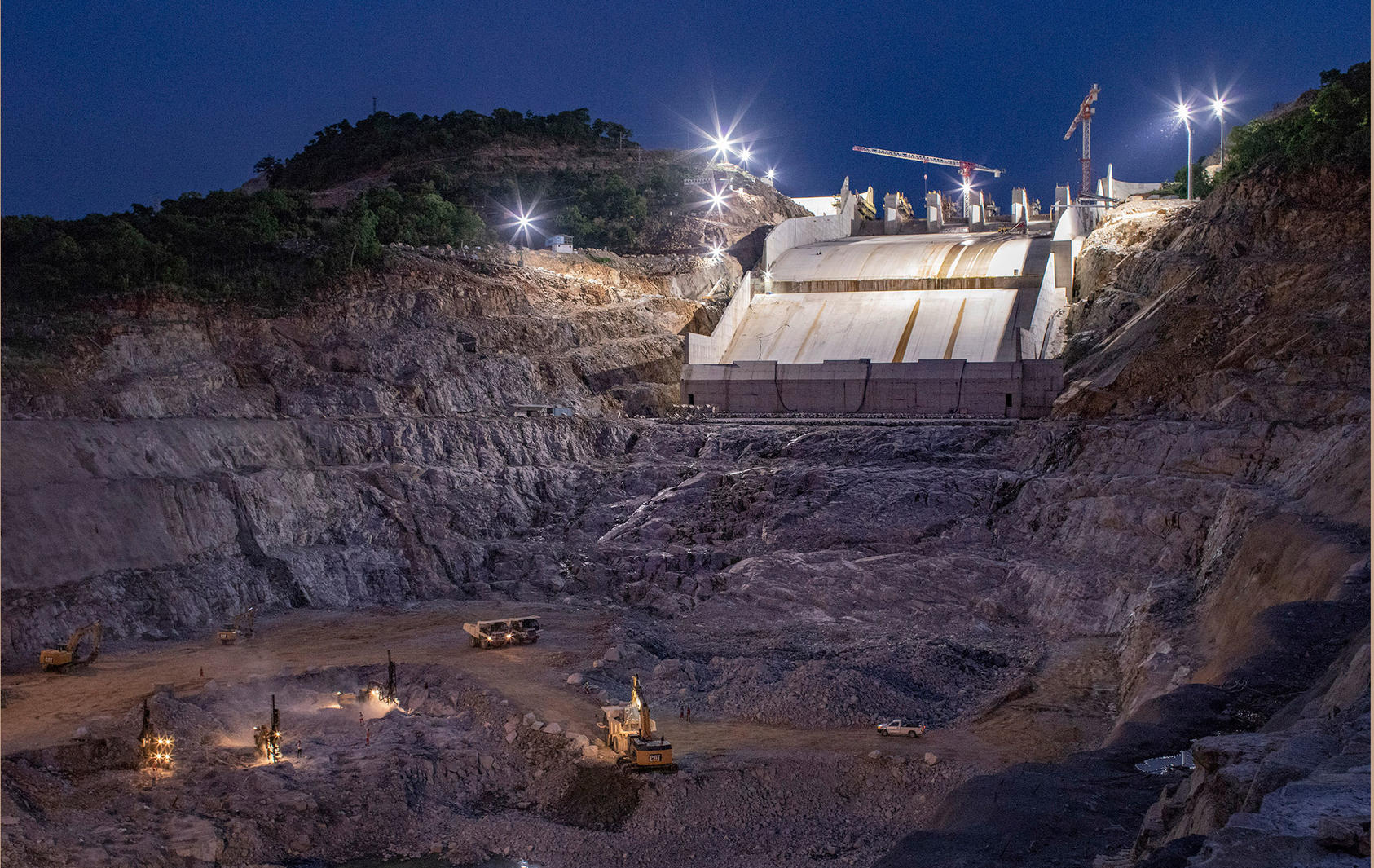Much of the research that has been conducted on the impact of China’s economic engagement with Africa has focused on their economic exchanges and security engagements in isolation of one another. But few have sought to understand the interconnections between these themes. These interconnections matter, as some Chinese firms are responsible for environmental degradation, population displacement, corruption and illegal extraction activities — all of which are factors that can drive conflict.

Meanwhile, Chinese actors often claim that their economic engagements are a driver of developmental peace, claiming that they are pillars of human security on the continent. In a politicized context with competing narratives, evidence-based research is vital to understand what is working and what is not for human security in the region.
African scholars are best suited to shed light on these dynamics, as their perspective is rooted in their own political systems, economies and societies. And yet, much of the analysis on Africa-China engagement to date has been conducted by scholars from outside of the continent. This program addresses that shortfall by centering the analysis and research of African early career scholars from across the continent.
About the Project
This year, a total of 17 researchers from a mixture of Anglophone and Francophone countries in Africa are conducting original, fieldwork-based research on how to address human security issues that may be arising from Chinese economic engagements.
The researchers are analyzing topics such as infrastructure construction, resource extraction, wildlife trading, technology, and arms trading in the following countries: Botswana, Cameroon, Democratic Republic of Congo, Ethiopia, Uganda and Zambia.
Their academic independence and rigor are ensured by the research advisory committee, who guide and support the researchers’ work and dissemination. The four members of this research advisory committee also serve as advisors on research design, facilitate networking with other experts in their fields and co-organize periodic virtual training workshops.




